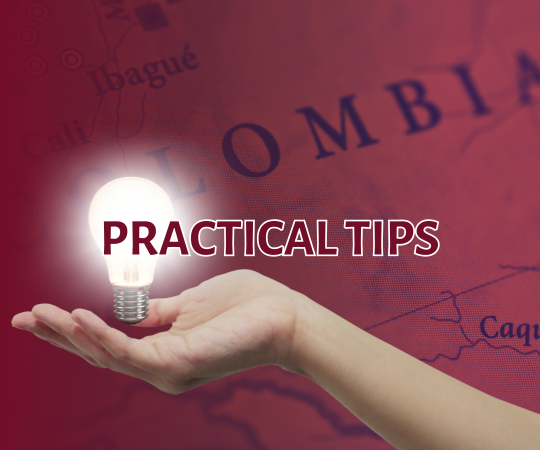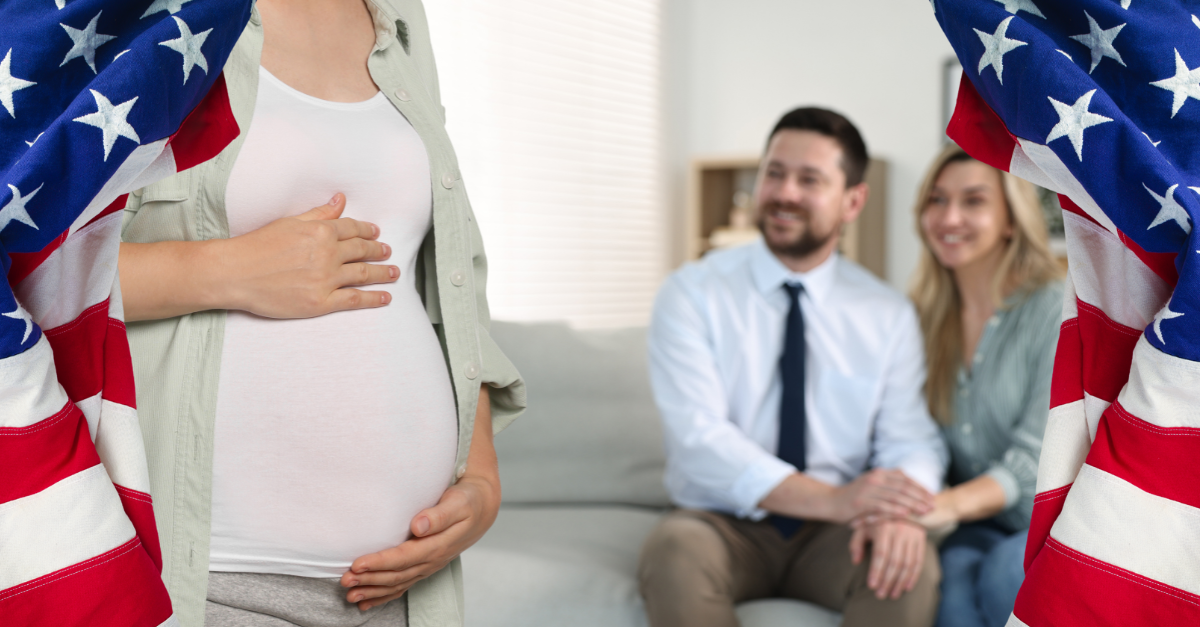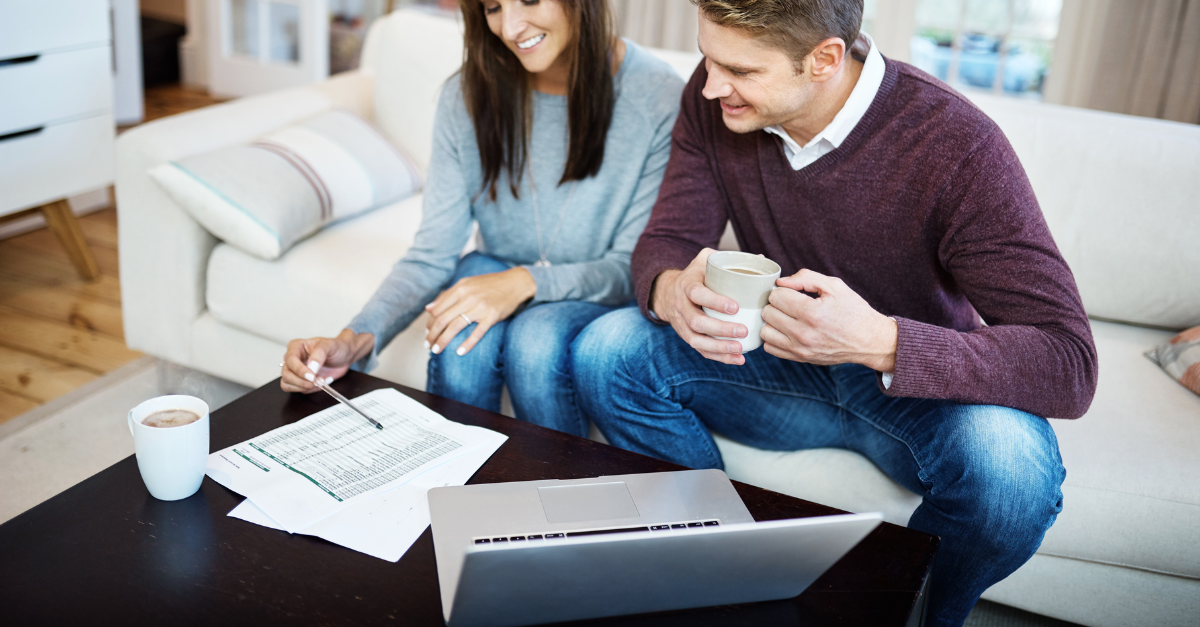ELI SHARES HER UNIQUE STORY TO BABY
This month we feature Eli who became a mum via an Egg Donor from Barbados. Eli is French Caribbean, born in Paris and resides in Perth WA. Eli & her husband faced many hurdles & roadblocks along their path to parenthood particularly with the difficult
laws & legislation in WA surrounding Egg Donation. However with incredible courage & determination her dreams of motherhood came to fruition in March 2023 with the birth of her beautiful son Louis.
Karma: How would you describe your own experience with infertility? How long did you try IVF with your own eggs?
Eli: My husband and I have been on the journey to build our family since July 2019. We met later in life so we knew it could potentially be a challenge to conceive a child. We decided that if after 3 months of trying naturally, nothing happens, we will seek the help of a fertility specialist. My AMH was on the low side (but normal for my age), which means chances of IVF to work was quite slim. We decided that we will not do more than 3 cycles if it doesn’t work as we didn’t want to be affected mentally and financially by the lack of success.
Therefore, we did 3 cycles. The first one got cancelled before retrieval as I didn’t respond to the high dose treatment. The second cycle was turned into an IUI as it appears that I ovulated before egg retrieval.
The third cycle, we got only one egg, which was devastating and it only partially fertilised so we didn’t get any embryo to transfer. We then decided to seek help via a Creighton model practitioner. The main principle is to record each day of the cycle and observe closely the different stages (ovulation, luteal phase) via timed blood tests, progesterone support and HCG injections. We did it for a full year and I was asked to take a significant amount of supplements (10 a day).
After a year, I didn’t fall pregnant at all. When we reached 3 years of trying to conceived in July 2021, we decided that donor egg will be our next step.
Karma: Was your transition to Egg Donation a difficult stage for you emotionally & mentally? Was there a period of grief and did you seek counselling to help you prepare for the journey ahead?
Eli: At first that’s not something that ever crossed my mind but my husband researched it and he suggested it to me. It was fairly easy for me to ‘give up’ on my DNA as before I met my husband, I was prepared to not have kids if the right partner wasn’t coming along during my childbearing age. We had 2 compulsory counselling sessions, which we found very helpful to help unpack the different implications with regards to donor egg. Learning about epigenetics was a game changer for us.
Karma: What were the steps you took to start looking for an egg donor? And what clinic did you eventually choose for your egg donation cycle?
Eli: My husband contacted Donor Egg Australia to get some information on how to set up a profile to find a donor. After a month of looking through the forum, we quickly realised that we were not going to find the right donor for us here in Australia.
Therefore, I started to join few donor egg groups on facebook and chatted to a number of women about which clinic overseas has donors with Caribbean decent. This was a non negotiable criteria in order for me to go through the donor egg process. We discovered Barbados Fertility Centre. A world class clinic who was following the UK regulation guidelines.
We made an appointment with the medical director after sending my IVF medical history. It was a very positive consultation that gave us hope that we could be successful. I found a local clinic in Perth, preferably one that had extensive experience with donor egg. Dealing with them was also seamless and they put together, with the help of BFC, an application to the RTC (Reproductive Technology Council) to seek approval for the importation of the donor oocytes into Western Australia.
Karma: You decided to import frozen eggs from the clinic in Barbados, was this a difficult process?
Eli: After finding this clinic, we got in touch with the donor program coordinator from BFC. The initial contact was outstanding, with excellent communication on their part. The clinic also seems to be very organised, which made the process seamless.
We made the decision that we will only go through the process if our donor can produce at least 15 eggs. Otherwise, we felt there was too much of a risk of loosing eggs. Luckily, our donor produced 19 eggs so we decided to go ahead with it. The next step was to seek approval from the RTC, which we managed to obtain. As we were not part of a donor program through our local clinic, we had to organise the importation ourselves via the help of a courier service. Luckily, both clinics suggested the same courier service based in London, which we decided to use. At this stage, we were not prepared to take any more risks. Therefore, we decided to choose a hand carrier service. This means, a courier consultant flew from London to BFC and collected our precious oocytes from the embryologist and hand carried them in the cabin of the aeroplane to Perth.
Karma :What factors were most important to you & your husband when it came to your chosen donor? Your “non- negotiable” as far as her ethnicity, background, family history etc.
Eli: The most important factors to us were her ethnicity (caribbean decent), age, proven donor, university background and her medical history and her family medical history, which needed to be clear of any genetic issues. I didn’t really mind her being a shade lighter than me or even shorter than me. The clinic asked her to fill out a questionnaire and we really liked her answers, which provided us with a better understanding on what kind of a person she is. We knew quite quickly that she was our match.
Karma: Anonymous or Known Donor–Did you always know which direction you would go & why?
Eli: We were very clear on which direction we would go with this. It was paramount that we were able to trace potential siblings in the future for our son’s mental health’s sake. Therefore, our donor is unknow to us but not to our local clinic and her details have also been put on the donor conceived registry in Western Australia so then our son is able to access it at 16 years old if he chooses to do so.
Karma: Have you decided if /when you will explain the Egg Donation story to your son Louis & future children?
Eli: Yes we have. We wrote the full story of his journey and we are aiming to print it as a book for him. We also made a journal with photos, from our first communication with Barbados up until his birth. We will read the story to him as soon as he is able to understand, so that he can gain an understanding of his unique story.
Karma: After navigating your own path to motherhood, what key advice would you give to the many other IVF sisters on this journey?
Eli: I think embarking on the IVF journey is definitely a challenge but if you can manage to build a supportive village and you are also able to advocate for yourself in the midst of setbacks, it will make the journey much easier. If you have a partner, it is crucial to communicate regularly, to ensure you are on the same page, especially when you need to decide what is the next step after you have had numerous failed cycles. You also need to know your limitations in terms of finances and mental health.
Karma: Motherhood – how are you navigating the many layers of this important role? Have you decided to return to work or will you be a Stay at Home Mum?
Eli: Navigating motherhood has definitely been a big learning curve. However, I am enjoying it very much and trying to stay away from any unsolicited advice or experiences that might not be ours (eg. sleep regression, etc.) but I am also glad I have the opportunity to return to a work that I love as it is essential for my wellbeing and also allows me to position myself for the next step in my career.


